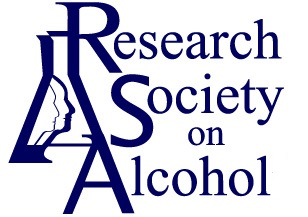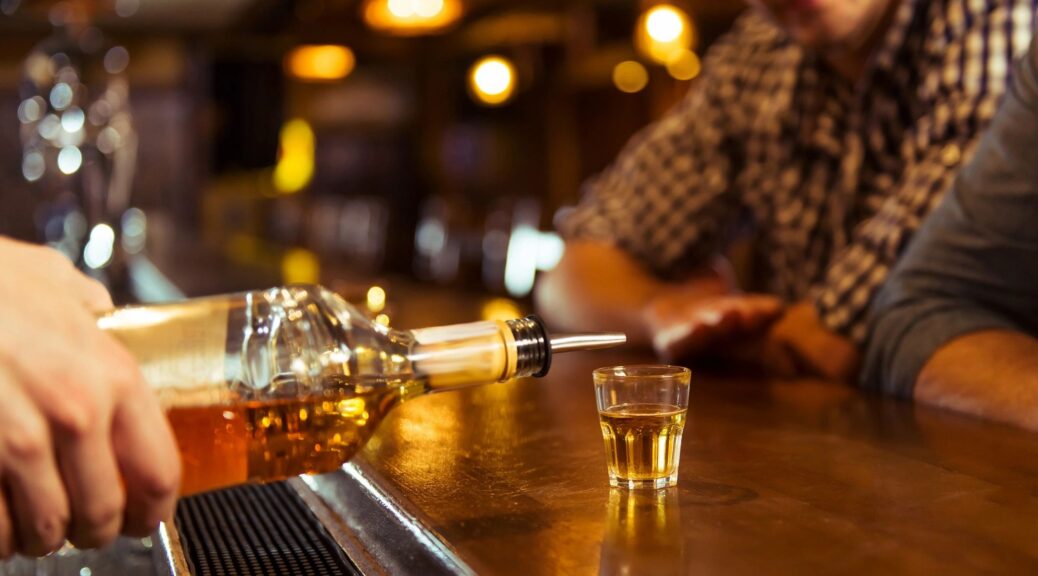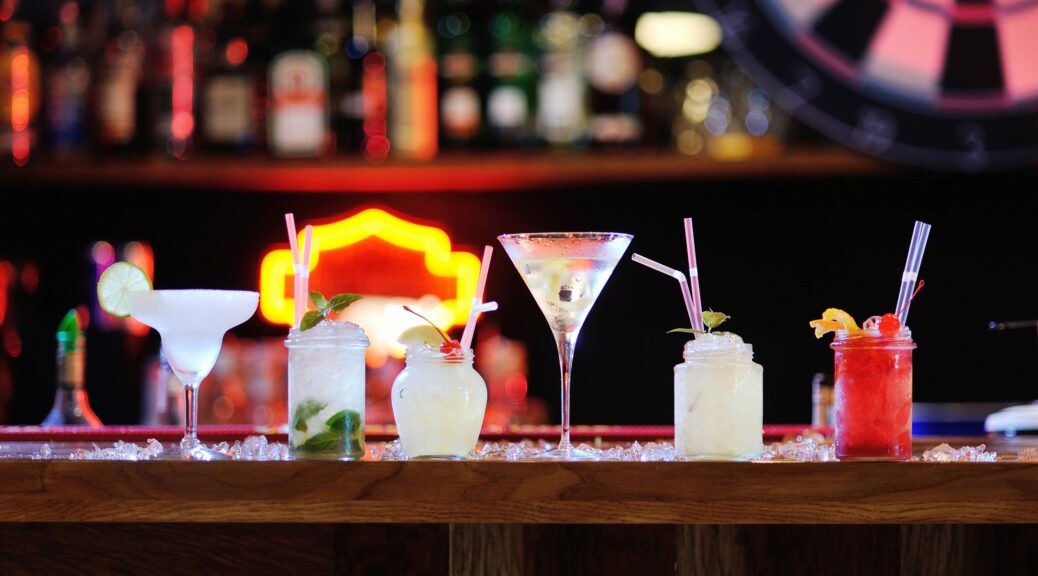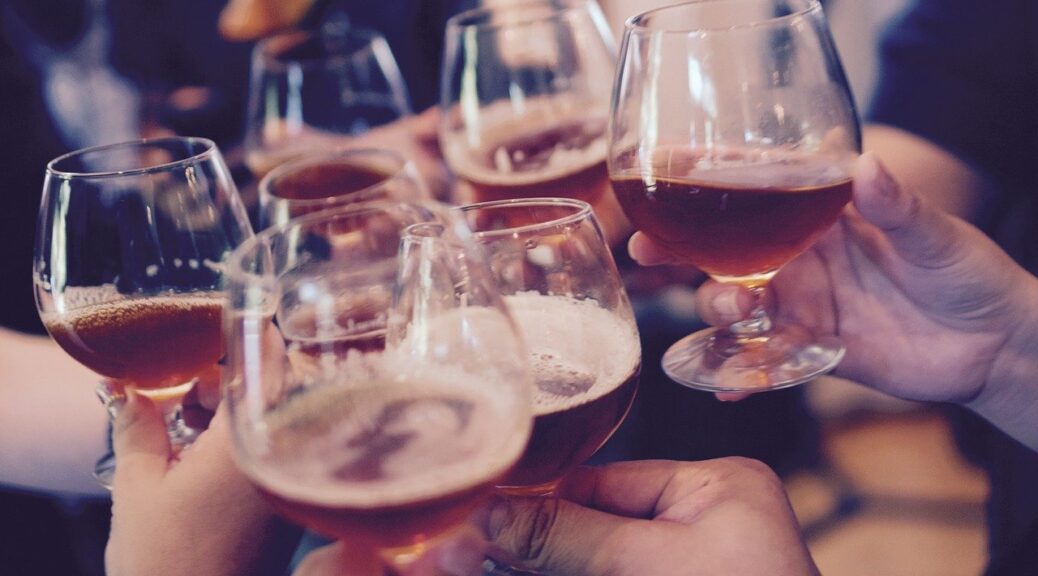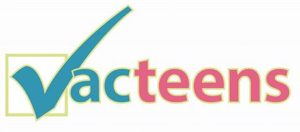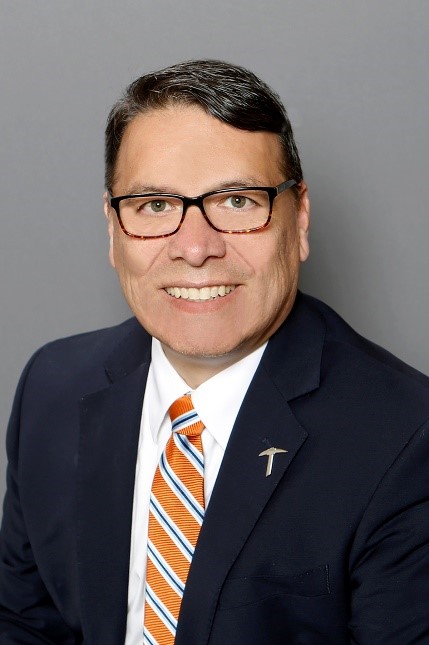Social Media IN-SERVICE TRAINING for Responsible Alcohol Serving
Among prevention strategies for driving while intoxicated (DWI), responsible beverage service (RBS) training has been effective in some cases. A research team from Klein Buendel and the Pacific Institute for Research and Evaluation (PIRE) reported on the results of a pilot project to create an in-service professional development social media component for the online evidence-based RBS training, WayToServe®, at the 46th Annual Research Society on Alcohol Scientific Meeting held in Bellevue, Washington on June 24-28, 2023.
In-service support beyond initial RBS training may counter management disinterest or resistance to RBS. A prototype of the WayToServe Plus in-service professional development social media component was produced by the authors. It contained 51 social media posts on advanced RBS skills training (such as home delivery), experienced servers supporting new servers (such as tips and tricks), professionalism (such as handling disruptive customer), and basic management procedures (such as house policies). Messages were intended to (a) increase confidence and motivation to implement RBS methods, (b) create a professional community of servers supporting RBS actions, and (c) prevent degradation of RBS skills and motivation. Thirty-six (36) posts contained text, graphics, and/or links, 14 had TikTok-style videos, and one presented an interactive learning activity from the WayToServe training.
One hundred eleven (111) alcohol servers who completed WayToServe training in New Mexico or Washington State participated in a 4-week pilot test. Participants were enrolled in either a Facebook private group with the WayToServe Plus feed and online posttest survey (n=60 servers) or in a control group with the posttest survey only (n=51 servers). WayToServe Plus posts were posted once a day, Monday to Friday. All servers in the WayToServe Plus group (100%) followed the feed for all 4 weeks; 83.3% viewed a post; and 46.7% reacted/commented on a post. WayToServe Plus servers expressed increased self-efficacy for RBS practices and response efficacy for RBS reducing DWI compared to control servers. Servers felt WayToServe Plus was appropriate and usable, and 77.9% were likely to use it in the future.
In-service professional development delivered over social media is feasible with alcohol servers and has the potential to maintain and support RBS techniques during intervals between state-approved RBS training.
This research was supported by a grant to Klein Buendel from the National Institute on Alcohol Abuse and Alcoholism (AA029364; W. Gill Woodall and David Buller, Multiple Principal Investigators). Additional authors on the conference poster include Dr. Robert Saltz from the PIRE Prevention Research Center in Berkley, California, and Ms. Lila Martinez from Klein Buendel.
